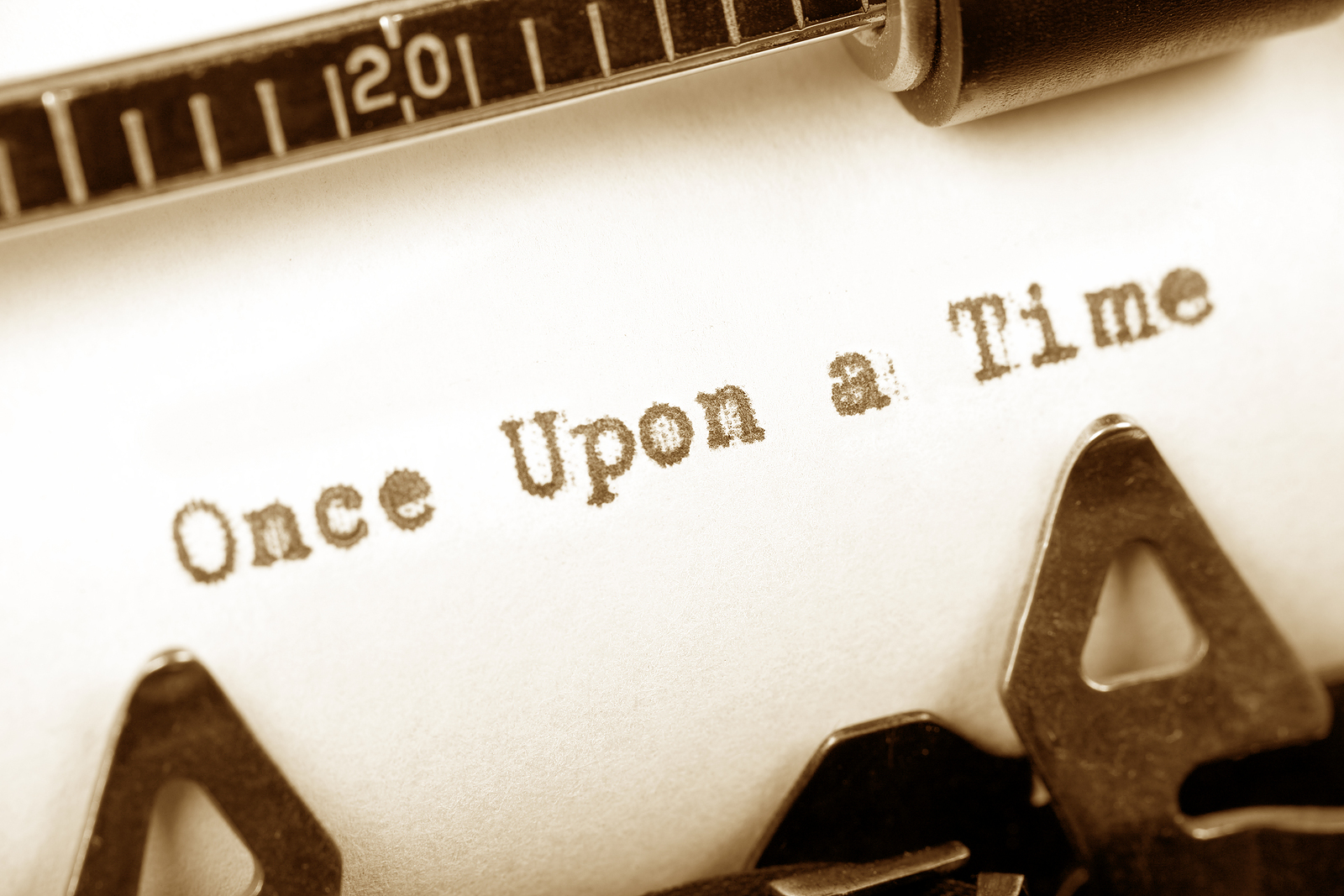This weeks symposium and tutorial looked at the idea of neutrality. This term, one I thought I once understood, was quickly flipped and manipulated into a new sphere of confusion and over analysis.
It raised the question, is anything considered neutral?
So back to basics, what does the term neutral even mean? Michael thinks that neutrality is the idea that something would have no influence on anything else. Evan also makes a good point and feels that the closest he can get to thinking of something neutral is binary opposition, such as light vs dark. Without having darkness, we cannot understand light, and vice versa. I think this is an interesting way of looking at neutrality.
Both Michael and myself agree with Angus’ point as he explains that ‘it is pointless for someone to find something neutral because if that someone can reference it in some way, it is not neutral.’
Michael closes by making a good point that he is not sure that anything can be neutral. Even becoming aware of something occurring creates a chain reaction of though within one’s mind. Although it may not have direct relevance to you, it is still influencing you.
Good job Michael, you totally hit the nail on the head 😉


